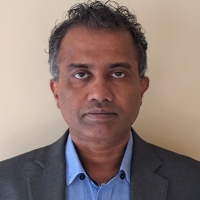Overview
"The Department of Electrical and Electronic Engineering at the University of Peradeniya provides students with a diverse range of opportunities to build their careers in various fields, such as Telecommunication, Wireless communication, AI and Machine Learning, Information Science, Biomedical Engineering, Robotics and Automation, Embedded Systems, Signal Processing, Electronics and Power Electronics, VLSI Design, Microwave and Antennas, Power Systems Engineering, Drives and Control, and High Voltage Engineering. With over 400 students specializing in Electrical and Electronic Engineering at any given time, the department stands out as the only one in the country to offer such a comprehensive range of experience and knowledge under one roof."
To ensure that students receive excellent academic guidance, the department has 23 highly qualified faculty members, all of whom hold doctoral degrees from renowned universities worldwide. These faculty members are not only involved in teaching, but also in research and administration at the faculty, university, national, and international levels. It is worth noting that two members of the department are ranked among the top 2% of scientists worldwide, a distinction that no other university in the country can claim. Furthermore, a team of 16 qualified technical and support staff members is available to assist the department in its academic, research, and administrative work.
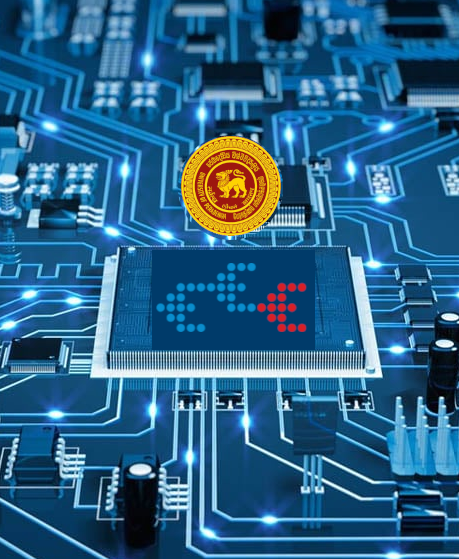
Our Vission
The vision of the Electrical and Electronic Engineering study program is to “to acquire knowledge, promote research and educate students in the application of the science of Electrical and Electronic Engineering in industry and academia”.
Our Mission
The mission is “to provide an environment for students and staff to gather knowledge and to enable them to apply such knowledge throughout their working life for the benefit of mankind”.
Core Values
Department maintains following core values: Highest standard of teaching, learning & research, Academic freedom, Integrity and transparency in all its functions and Respect for cultural diversity.
Our Strategy
The department provides basic courses to all engineering students on the principles of Electrical and Electronic Engineering (EEE) to a depth appropriate to the generalist, and advance courses to the specialist student in areas given here.
Proper choice of technical electives offered from the six sub disciplines gives opportunity for the undergraduates following the EEE study program to specialize in one of the mentioned disciplines. The curriculum of EEE study program has been designed in such a way that interested students can obtain a major specialization in one area while obtaining a minor specialization in another area out of the six sub disciplines mentioned above.
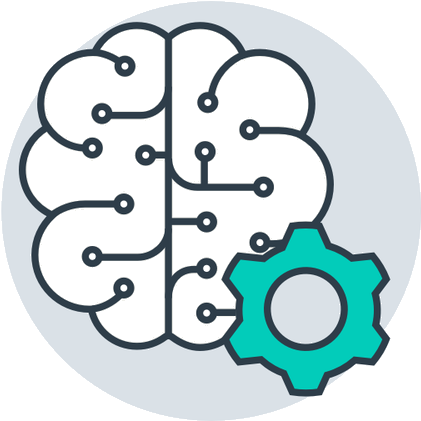
AI/SP
Artificial intelligence, machine learning, computer vision, remote sensing, signal and image processing

BME
Biomedical Engineering

CI
Wireless and optical communication, internet of things, data and computer communication

PEH
Power system, renewable energy, smart grid, power electronics, electrical machines and drives, high voltage engineering
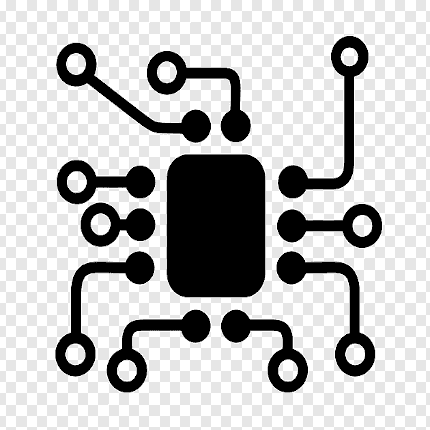
EI
Integrated, nano, RF and microwave electronics, embedded systems, instrumentation

RCA
Robotics, automation and control systems
Educational Services
The Department caters,
⦿ Bachelor of the Science of Engineering Honours specializing in Electrical and Electronic Engineering (BScEng)
⦿ Postgraduate diploma (PG.Dip.)
⦿ Master of Science of Engineering (MScEng)
⦿ Master of Science (MSc)
⦿ Doctor of Philosophy (PhD)
The courses offered by the department falls in to one or many of the sub specializations in Electrical and Electronic Engineering:
⦿ Power High Voltage and Energy Systems
⦿ Communication and Information Engineering
⦿ Electronics and Instrumentation
⦿ Control, Robotics and Automation Engineering
⦿ Biomedical Engineering
⦿ Artificial Intelligence, Machine Learning and Signal Processing
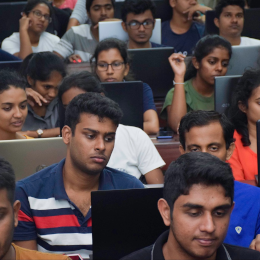
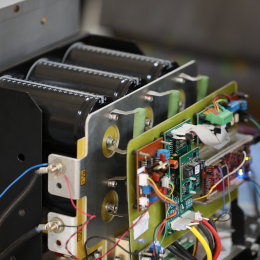
Well Equipped Laboratories
The Department has well equipped laboratories, namely
⦿ High Voltage Laboratory
⦿ Power and Energy Laboratory
⦿ Smart Grid Laboratory
⦿ Power Electronics and Industrial Systems Laboratory
⦿ Electrical Machines and Drives Laboratory
⦿ Electronics and Instrumentation Laboratory
⦿ PCB Fabrication Laboratory
⦿ RF and Microwave Laboratory
⦿ Communication and Information Laboratory
⦿ Optical Communication Laboratory
⦿ Sri Lanka Telecom Research Laboratory
⦿ Control Robotics and Automation Laboratory
⦿ Artificial Intelligence, Machine Learning and Signal Processing
⦿ Bio Medical Engineering Laboratory
⦿ Elementary Laboratory




